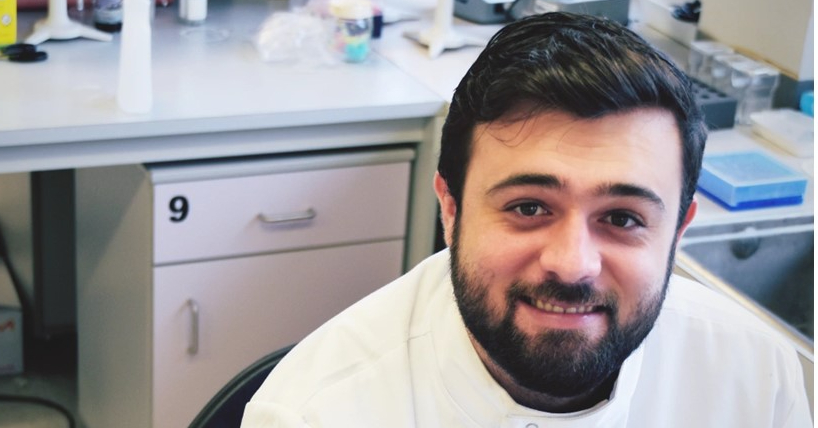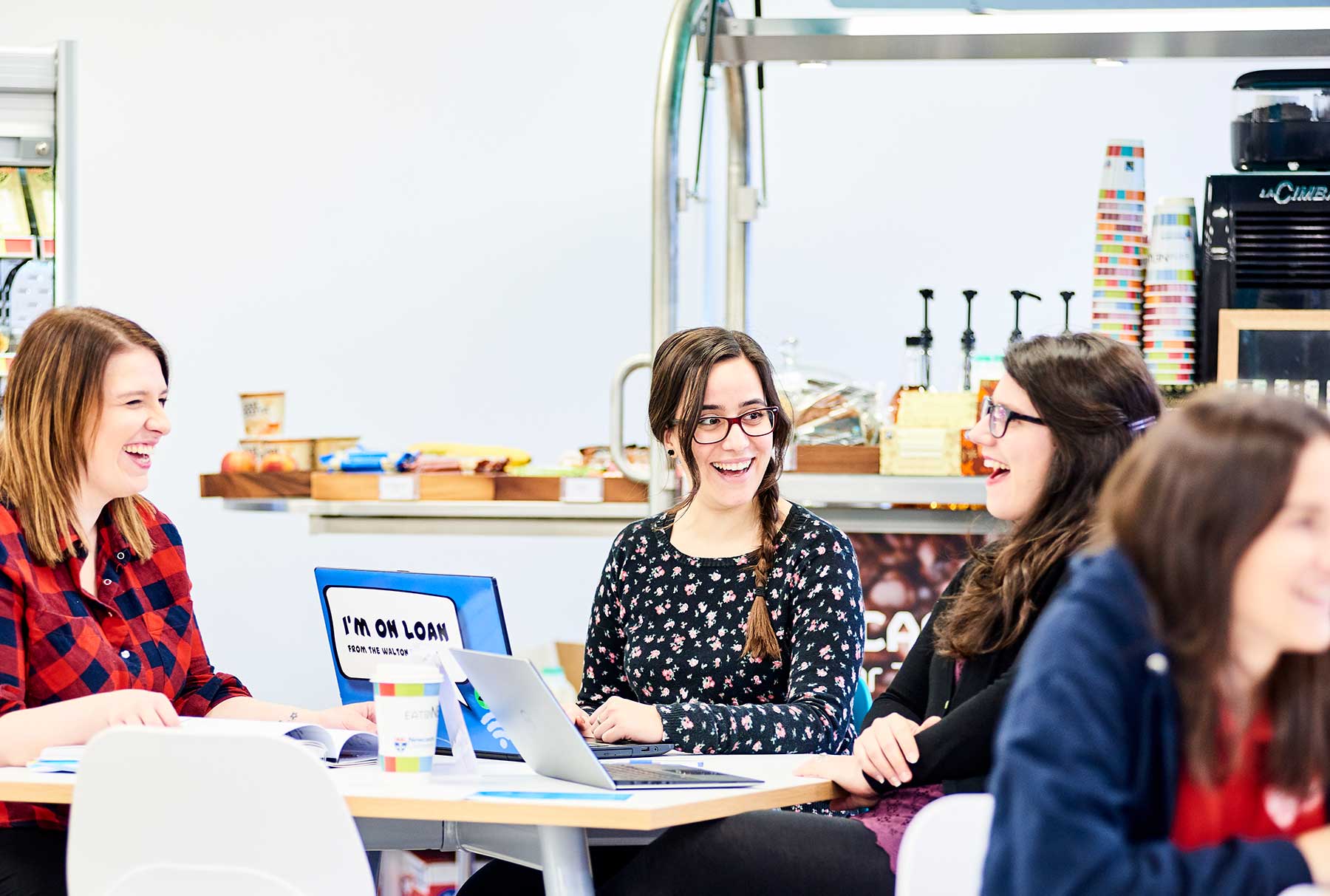How a passion led me to COP26
Inhibiting oral biofilms using bioengineering
24 February 2022
How a passion led me to COP26
I am a PhD student of the Translational Oral Biology team in the School of Dental Sciences, investigating oral biofilms and how to inhibit these using bioengineering.
Biology is a multidisciplinary science and it is important to be up-to-date with research areas outside my project. I organise a journal club for the Translational Oral Biology team and this gave me an opportunity to present on a research topic outside of my PhD.
Publishing a case study
Growing up in a rural part of Greece has meant I’ve always had a keen interest in nature and its conservation. Now an applied microbiologist, that interest extends to antimicrobial resistance. The discovery of antibiotics has enabled us to achieve something remarkable; a longer life. Diseases in which previously only 20% survived, such as bacterial pneumonia, became treatable. However, in recent years over-use of antibiotics has allowed bacteria to evolve and adapt, making antimicrobial agents less effective.
In late 2020 the Society for Applied Microbiology (Sfam) provided an opportunity for early career researchers to publish a case study which allowed me to work with scientists from the UK and across the globe to produce a case study on antimicrobial resistance in the environment. I have previously worked on penicillin resistance in bacteria, Pseudomonas aeruginosa, and was able to apply this knowledge to the case study.

Microplastics in antibiotic resistance
The study looks at the role of microplastics in the dissemination of antibiotic resistance genes amongst multispecies biofilms. Roughly 14 million tonnes of plastics end up in the ocean every year. The ocean breaks down plastics to smaller particles (<5mm) known as microplastics but they are not biodegradable. Further pollutants released by factories and agricultural facilities, in the form of heavy metals and antibiotic compounds, enter the water ways and oceans.
Bacteria form multispecies biofilms on the surface of microplastics. They are exposed to heavy metal and antimicrobial compounds that the microplastics absorb from the environment. This leads to environmental bacteria acquiring extensive resistance and through the water flow are being introduced to new habitats.
I was delighted when our case study was presented at the UN Climate Change Summit 2021 (COP26), as well as at the Houses of Parliament. It contributed to a key area that the UK government is actively considering on its 20-year vision for antimicrobial resistance. This led to further discussions with several government committees, including:
· Chairman Parliamentary and Scientific Committee,
· Treasurer of the All-party parliamentary groups on Antibiotics,
· Lord Tree, Defence Committee
· Business, Energy and Industrial Strategy Committee.
This was, of course, beyond what I ever imagined this project to achieve. Belonging to a research environment has allowed me to explore my passions and further develop my research skills and collaborations, making the most out of my PhD experience here at Newcastle.
